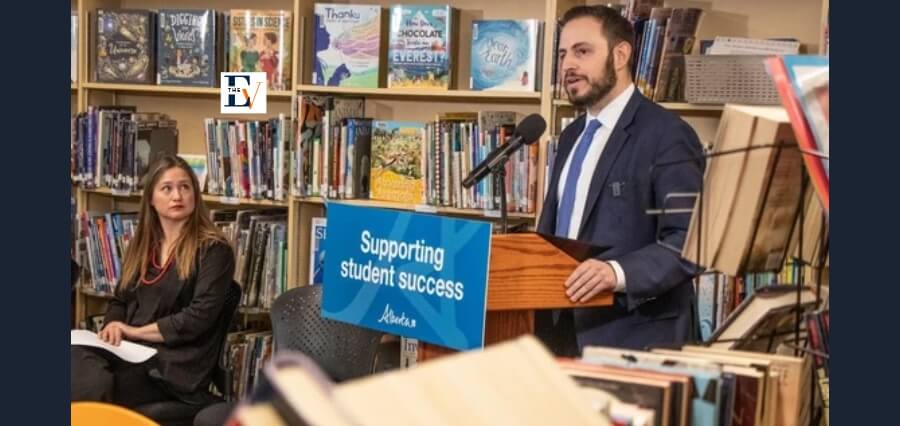On Wednesday, the Zai Centre at Zayed University unveiled a brand-new diagnostic tool that aims to identify Arabic reading difficulties in young children. SARD, or the “Screening Arabic Reading Difficulties” tool, uses cutting-edge technology to find learning gaps and enables schools to make well-informed choices about how to teach each student. The device is explicitly focused on at youngsters from grade 1 to grade 6.
Zayed University’s Online Learning Initiative
The tool’s launch is a significant milestone for both the Zai Centre and Zayed University. One of the main goals of the Zai Centre, which is run by Dr. Hanada Taha Thomure, is to push for standardization in Arabic language teaching.
A cloud-based tool called SARD can predict a variety of reading difficulties based on processing speed, accuracy, and performance. It can also identify potential developmental disorders and learning difficulties like dyslexia, dysgraphia, and spelling disorders. In order to present a student’s reading skills assessment performance data, SARD then creates analytical reports and charts that are simple to understand.
Teachers are able to compare their students’ results to those of their peers in the same age group or grade level at their school, country, or globally, as well as to those of previous assessments.
A comprehensive transformation program has recently been established at Zayed University, with applied interdisciplinary research serving as a key component. This new strategic approach, which emphasizes the delivery of academic research with practical applications in line with national and international priorities, is directly compatible with the Zai Centre’s flagship product, the SARD tool.
“Zai is not only about teaching the language itself, but also preserving and celebrating the rich culture and history of the Arab world,” Dr. Hanada stated, referring to Zai’s pioneering efforts to preserve the UAE’s culture and how resources like SARD can assist with this.






